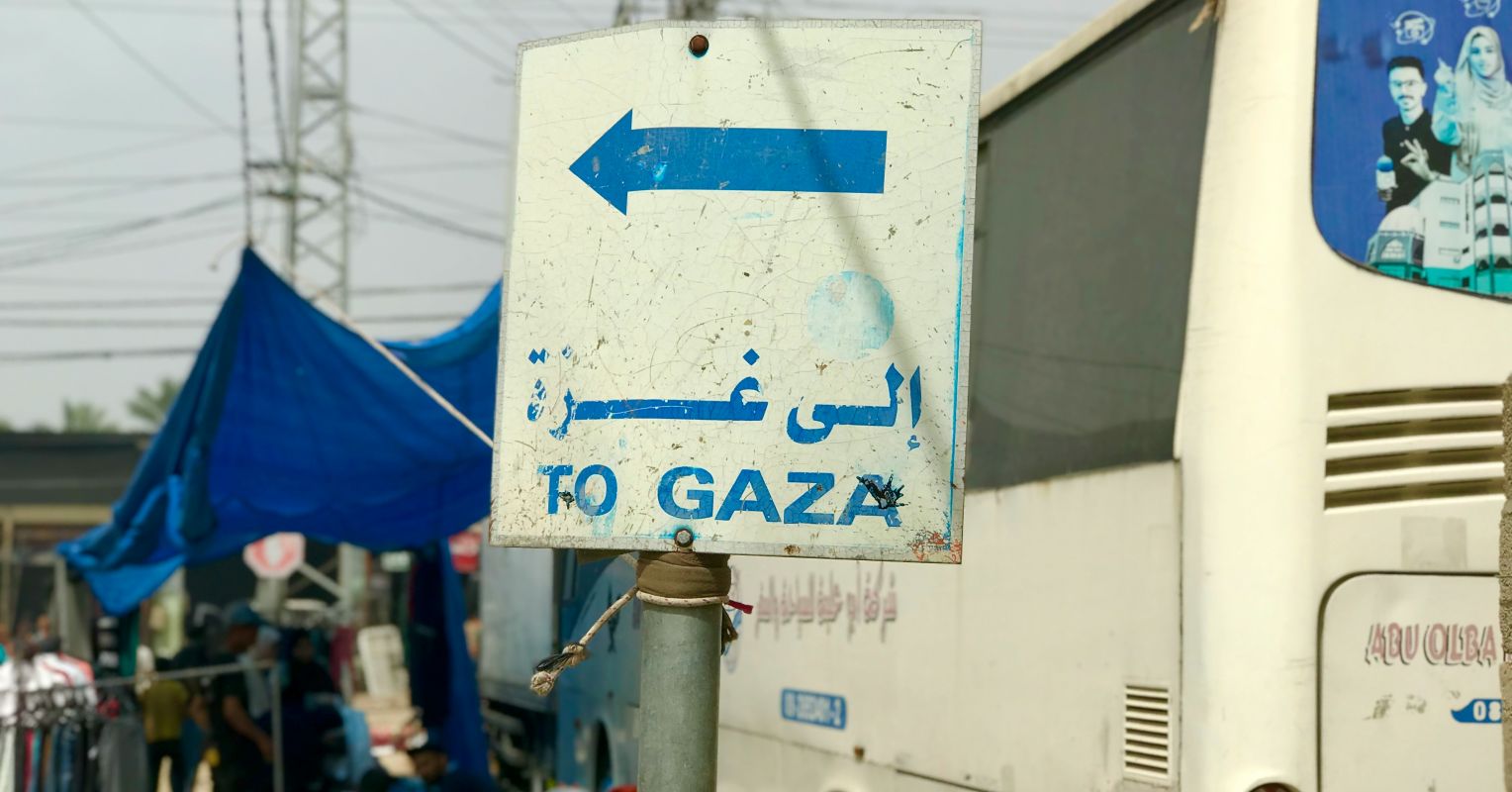
"Disability scholarship and activism teach us that people with disabilities (PWDs) frequently experience suicidality, self-harm, trauma, and distress due to what's known as structural ableism. Structural ableism encompasses physical barriers, social norms, and paternalistic attitudes that stigmatize disability. The concept also extends to systemic or institutional laws and policies that discriminate overtly against disabled people or that simply favor able-bodiedness, neurotypicality, or a lack of chronic illness."
"A general example of structural ableism, according to the American Counseling Association's Disability-Related Counseling Competencies, is when "ignorance about or prejudice against disability tend[s] to influence authorities and others to make discriminatory decisions, either conscious or unconscious, that limit opportunities for PWDs within the social, familial, vocational, housing, and healthcare environments.""
"Along the Israel-Gaza perimeter, for instance, barbed wire and a 325-foot no-go zone make it physically impossible to evacuate as a refugee with disabilities. Legal barriers also exist, given that Israel and Egypt have instituted blockades preventing Gazan-operated flights, ships, or caravans from relocating refugees abroad via air, land, or sea. These blockades also complicate importing prosthetics, mobility aids, and assistive devices."
Structural ableism increases suicidality, self-harm, trauma, and distress among people with disabilities through physical barriers, social norms, and paternalistic attitudes that stigmatize disability. The concept includes systemic laws and policies that discriminate or favor able-bodiedness, neurotypicality, or absence of chronic illness. Ignorance or prejudice about disability leads authorities to make discriminatory decisions that limit opportunities across social, familial, vocational, housing, and healthcare environments. Political and diplomatic decision-making often treats PWDs as an afterthought in wartime. In Gaza, no-go zones, barbed wire, and blockades by Israel and Egypt prevent evacuation and complicate access to prosthetics and mobility aids amid reported indiscriminate attacks.
Read at Psychology Today
Unable to calculate read time
Collection
[
|
...
]